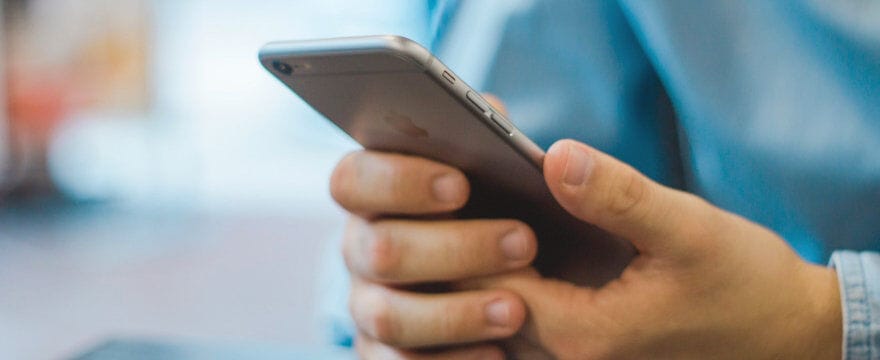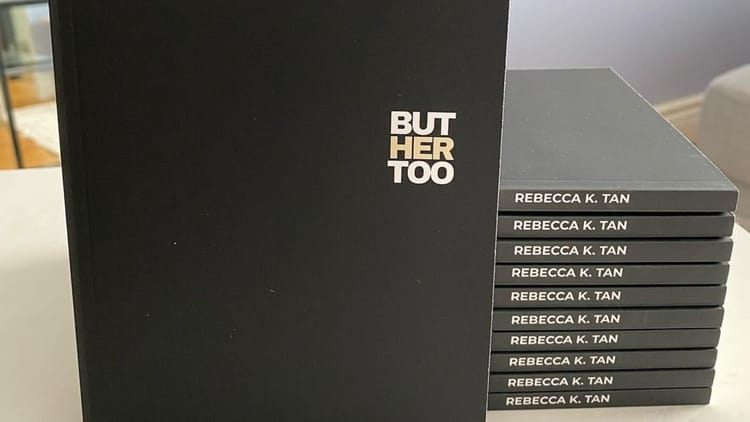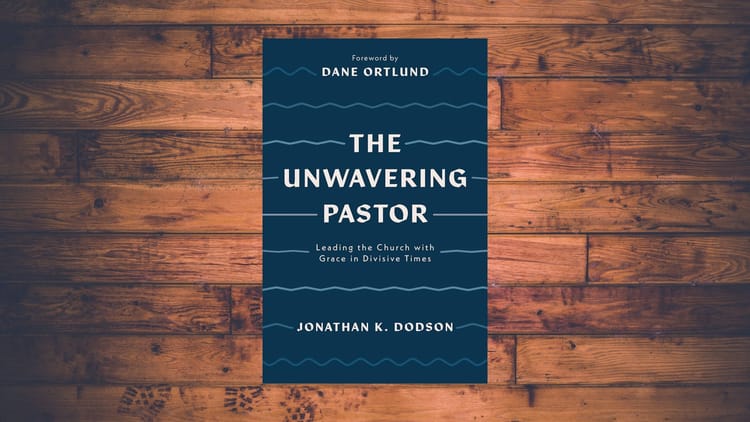How to Break Up with Your Phone

I bought a smartphone because it promised so much. I could walk around with a computer in my pocket. I could manage my life, broadcast my thoughts, manage my tasks, and entertain myself when bored. The smartphone promised much, and it’s delivered.
But it’s also taken something away. I’ve noticed that my phone often distracts me. I find myself spending more time on it than I’d like, and looking at it when I could be doing something else or doing nothing. It interrupts my conversations with others. It bothers me on my days off. Not only that, but I have to dodge pedestrians and drivers who are paying more attention to their phones than where they’re going.
I remember the evening that I forgot my smartphone at home. I reached for my pocket multiple times before I realized that the phone wasn’t there. I felt lost, and then I felt free. I enjoyed the extra time to daydream and to observe others. I was alarmed by how many of the people I watched were glued to their phones.
I need a new relationship with my smartphone.
I was interested, therefore, to discover How to Break Up with Your Phone: The 30-Day Plan to Take Back Your Life. The book is broken into two sections. The first half, “The Wake-Up,” is designed to scare us. It explains why our phones are so hard to put down, and the effects of phones and tablets on our relationships and health. The second half of the book, as the subtitle implies, provides a 30-day plan to a healthier relationship with our devices. The goal of the book isn’t that we discard our phones and tablets, but that we develop habits around our phones that are more functional.
I devoured the first part of the book. It reminds me of two other excellent books, Tony Reinke’s 12 Ways Your Phone Is Changing You and Andy Crouch’s The Tech-Wise Family. I’m currently on day 18 of the plan. I don’t follow it completely: I’m uncomfortable when meditation techniques always seem to take a Buddhist turn, for instance. But I’ve temporarily deleted apps from my phone. I’ve installed new apps that remind me when I use my phone for too long and that block websites during certain times of the day. I put my phone away for my weekly Sabbath. I still use my phone and tablet, but I’m starting to develop a new way of relating to them.
I don’t expect this change to last unless I continue to work at it, of course. But I think it’s worth it. I don’t want to be someone who loses the ability to focus and do deep work, and to enjoy relationships with the people around me, because I’m too tied to a phone that’s continually buzzing me for attention.
The use of technology is a stewardship issue. I want to be a better steward of my smartphone so that I use it, rather than it using me. I’m finding How to Break Up with Your Phone to be useful, and I’m pretty sure you will too. Read and implement this book. Start or join a group to go through the 30-day plan. Redeem your time, and put your phone and tablet in its place.
More from Amazon | phonebreakup.com





